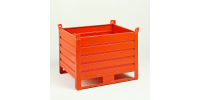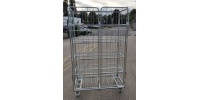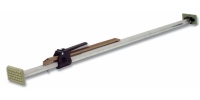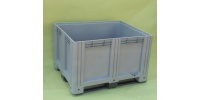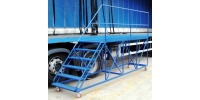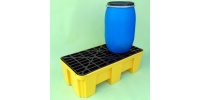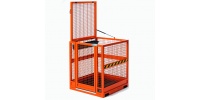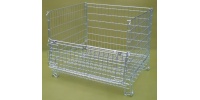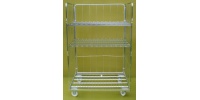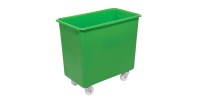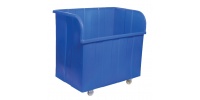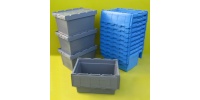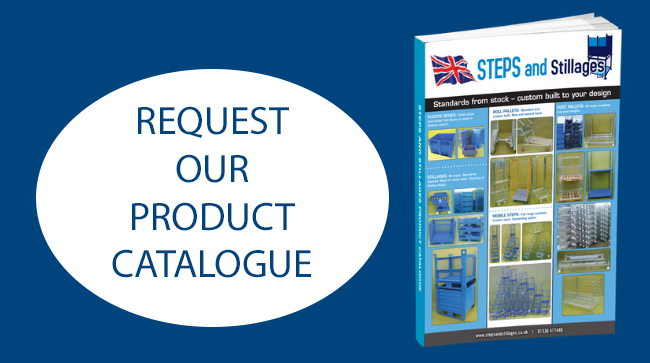Starting on 1st April 2022, a new plastic tax will be implemented in the UK. What does this mean for companies that use significant amounts of plastic packaging, like warehouse and retail businesses? In this article we look at the impact of this new tax and at some practical ways of reducing additional expenses related to this development.
What Is The Plastic Packaging Tax?
The proposed legislation states that each tonne of plastic packaging components will be charged at £200. So, what exactly qualifies as a plastic packaging component according to the new legislation? Any packaging material whose recycled and finished plastic content amounts to less than 30%. Here you can find a guide on the materials that fall under the scope of the new regulations.
What Does This Mean For UK Companies?
The tax will apply to both manufacturers and importers, but not everyone will be affected equally. The threshold is based on the amount of non-recyclable plastic packaging used over a period of 12 months, and is set at 10 tonnes before charges apply. Any manufacturer or importer that reaches or exceeds this threshold in the 12 months prior to 1 April 2022, must do the following:
- Register by following the instructions on this page.
- Keep detailed records and accounts related to the plastic materials. You can find more details here.
- Submit a Plastic Packaging Tax return every quarter. Click here to learn more about deadlines and what to include.
Bear in mind that the above requirements also apply if you plan on handling 10 or more tonnes of non-recyclable plastic packaging materials in the 30 days following the date the tax comes into effect.
What Can You Do To Reduce Costs Related To The Plastic Tax?
For certain businesses, like warehouses, the new regulations can entail a significant increase in operational costs, as you may easily see your tax bill increase by thousands of pounds. There are a couple of things you can do to keep these expenses manageable.
First of all, you may be able to claim a tax credit or at the very least defer payment. However, this only applies if you export or re-manufacture the packaging.
If that’s not an option for your warehouse business, you can implement measures to reduce the use of taxable plastic packaging for warehouse storages – such as by increasing the use of steel stillages. Switching to metal stillages can reduce your dependence and use of plastic packaging components and therefore minimise the financial impact of the new plastic tax.
Find Out More
At Steps & Stillages, we have been manufacturing high quality metal stillages for warehouses since 2002. Our goal is to provide a cost-effective storage solution for your warehouse, reducing dependence on single-use packaging materials. Visit our website or get in touch to learn more about our stillage products.



